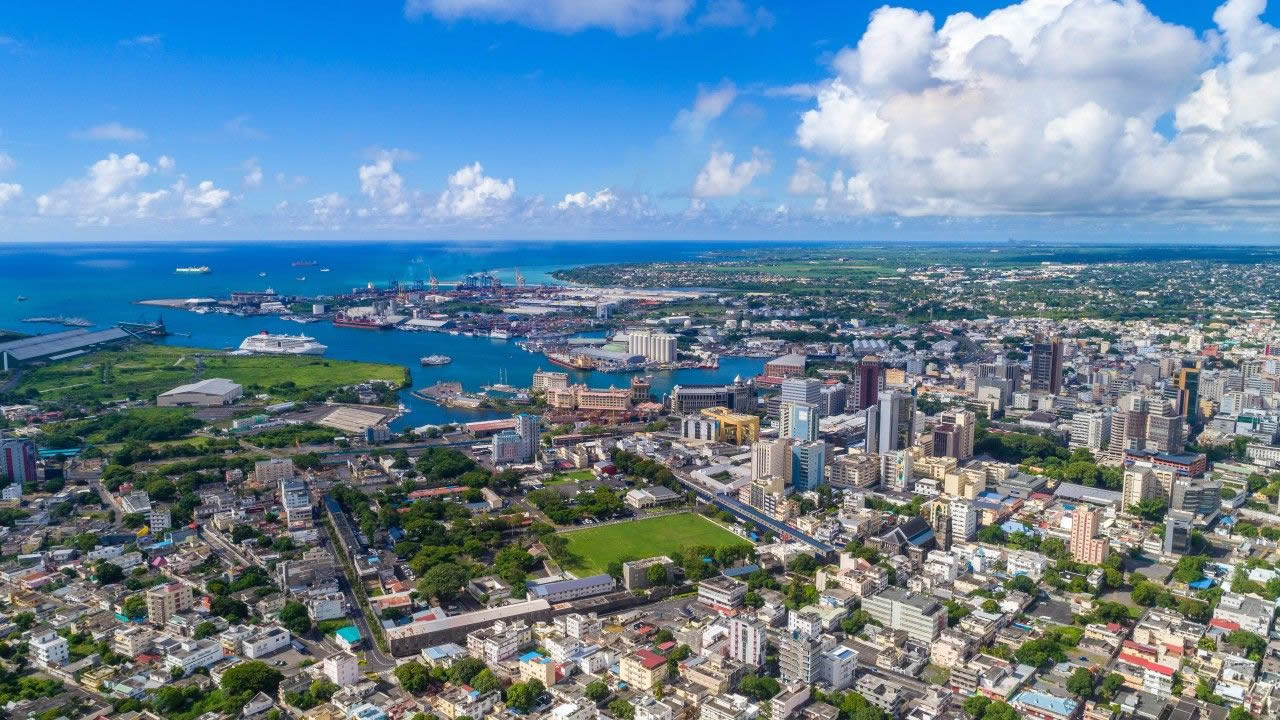
Not just the ultimate holiday stop, Mauritius is also a preferred jurisdiction for fund managers looking to establish African-focused funds.
Mauritius’ main competitive advantage is its proximity to the jurisdictions that African-focused funds invest in, but it is also business oriented and regulation friendly, with enviable tax efficiencies.
Mauritius’ sunny appeal has recently come under attack for its low-tax regime and its challenge will be to avoid international censure whilst still remaining competitive. From our perspective, Mauritius remains a credible regime with a lot to offer those looking for a platform from which to invest into Africa.
Some of the most pointed criticism of Mauritius has come from the United Nations and IMF. According to the United Nations, the low tax regime and wide-ranging tax treaty network of Mauritius is responsible for a USD 100 billion loss in revenue for developing countries. An IMF paper published in 2018 found that African countries are likely to suffer a reduction in tax revenue when they sign tax treaties with headquarter regimes such as Mauritius. The IMF paper has, however, been critiqued for failing to assess the benefits of such tax treaties to African economies, particularly Mauritius’ contribution to “Foreign Direct Investment” in Sub-Saharan Africa.
On the positive side, the following findings by international organisations have reinforced that Mauritius continues to be a credible jurisdiction:
These positive shifts in recognition can be attributed to various initiatives that Mauritius has implemented over the last few years in order to address its perceived harmful tax practices. The following changes to
Mauritius’ domestic laws are noteworthy:
1. From 1 January 2019, there shall be no Global Business Licence 1 or Global Business Licence 2 licenses issued by the Financial Services Commission (FSC) - instead there will be a single licensing regime applies, known as the Global Business Licence (GBL). There is a grandfathering provision that allows previously licensed GBL1 and GBL2 entities incorporated on or before 16 October 2017 to operate under the previous licensing regime and to retain their tax status and benefits until 30 June 2021. This change is aimed at removing certain exceptions that were previously specific to GBL1 and GBL2 companies. Any person who is not a citizen of Mauritius may no longer do business outside of Mauritius through a Mauritian domestic resident corporation – it will be obliged instead to have a GBL.
2. The FSC has introduced enhanced substance requirements for the GBL with effect from 1 January 2019, pursuant to which a GBL holder (a GBC) must at all times carry out its core income generating activities in, or from, Mauritius by employing a reasonable number of suitably qualified persons to carry out the core activities; and have a minimum level of expenditure, which is proportionate to its level of activities. When determining compliance with these requirements, the FSC will make each assessment on a case-by-case basis looking at the specific circumstances of the GBC. From the indicative guidelines, however, it can be assumed that a fund manager with USD 500 million under management must employ a minimum of three suitably qualified people in its Mauritian office and have a minimum expenditure of USD 30,000 per annum. With respect to licensees that are part of a group, the FSC will assess the new enhanced substance requirements at group level.
3. The deemed foreign tax credit mechanism has been discontinued. Unless specifically exempt or eligible for Partial Exemption, the foreign source income of each GBC (i.e. income not derived from Mauritius) will be taxable at the standard corporate tax rate of 15%. The Partial Exemption applies to specified financial services and, subject to compliance with the substance requirements above, operates to exempt 80% of foreign income derived by a collective investment scheme (CIS), closed-end fund, CIS Manager, CIS administrator, investment manager or asset manager licensed or approved by the FSC.
The legislative safeguards which have been introduced into Mauritian law have certainly gone a long way in addressing Mauritius’ detractors. The challenge for Mauritius, however, will be to ensure that such legislative changes do not erode its competitiveness.
Fund managers establishing their funds in Mauritius will need to bear in mind that any GBC must be centrally managed and controlled from Mauritius, with a minimum expenditure proportionate to its level of core generating activities and the minimum number of staff required to properly conduct such activities.
The Mauritian Central Management and Control test is not aligned with the internationally understood test and fund managers will need to ensure that all indicative factors are taken into account.
By Michael Denenga and Nicole Paige, Partners at Webber Wentzel
Courtesy: Business Report
 J'aime
J'aime














